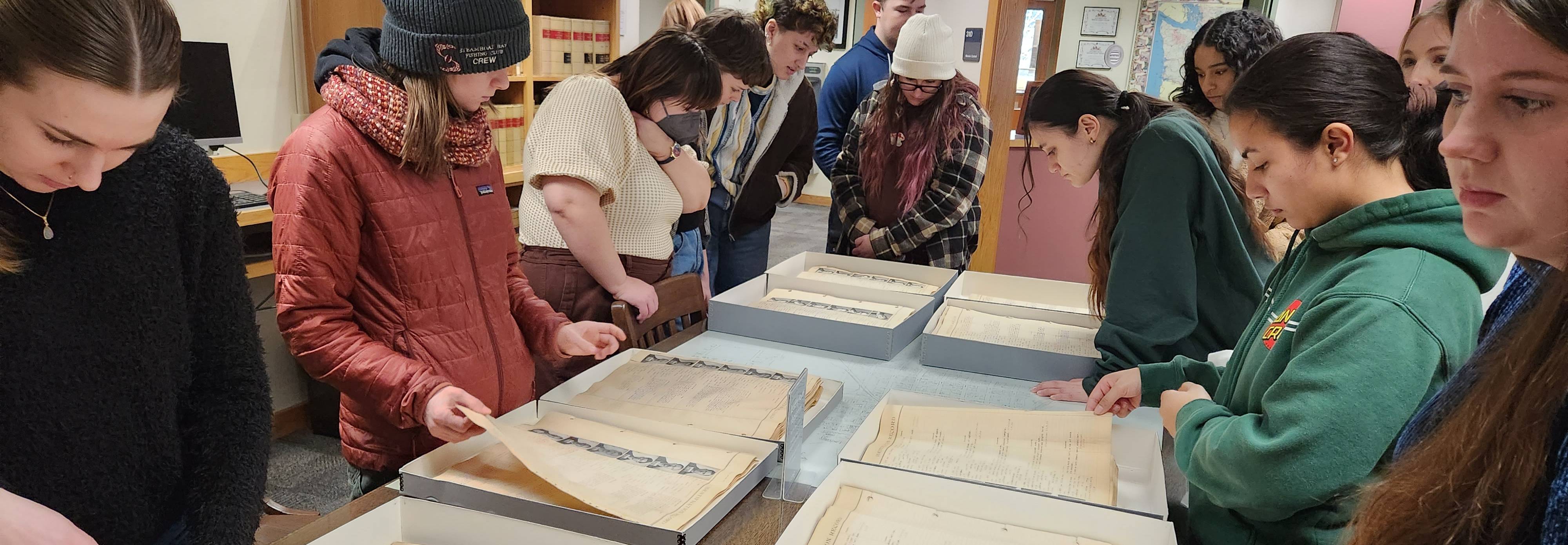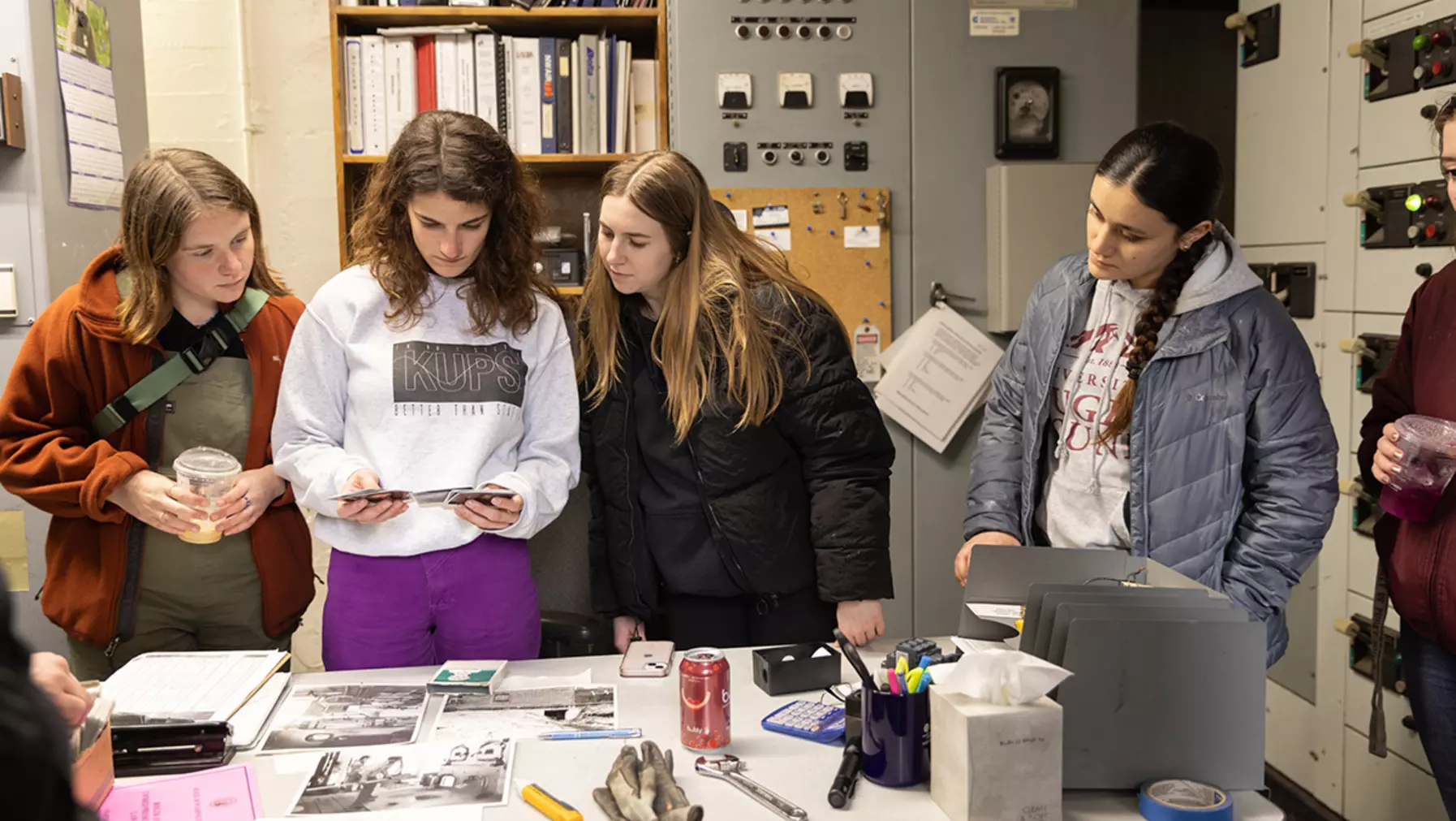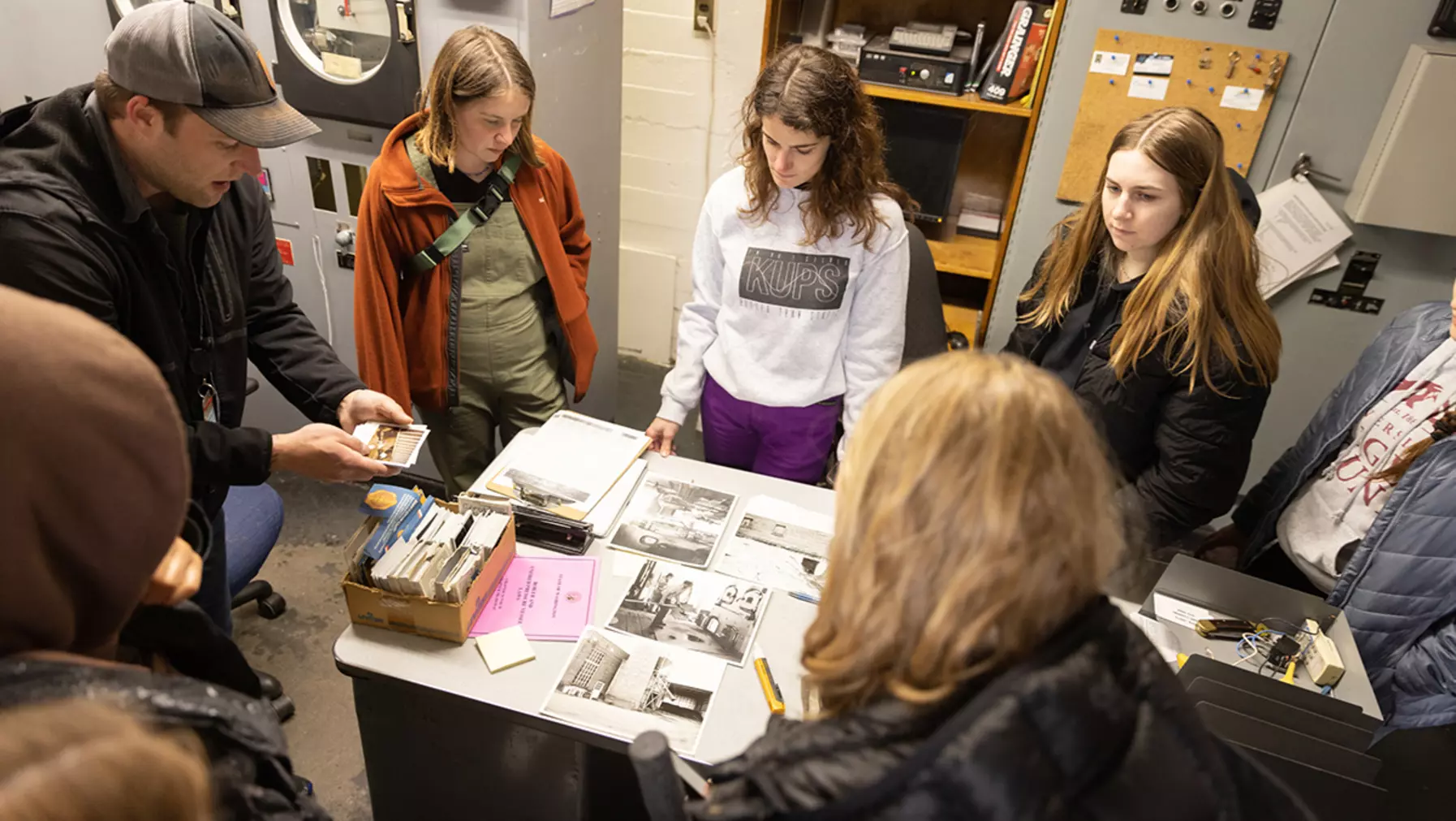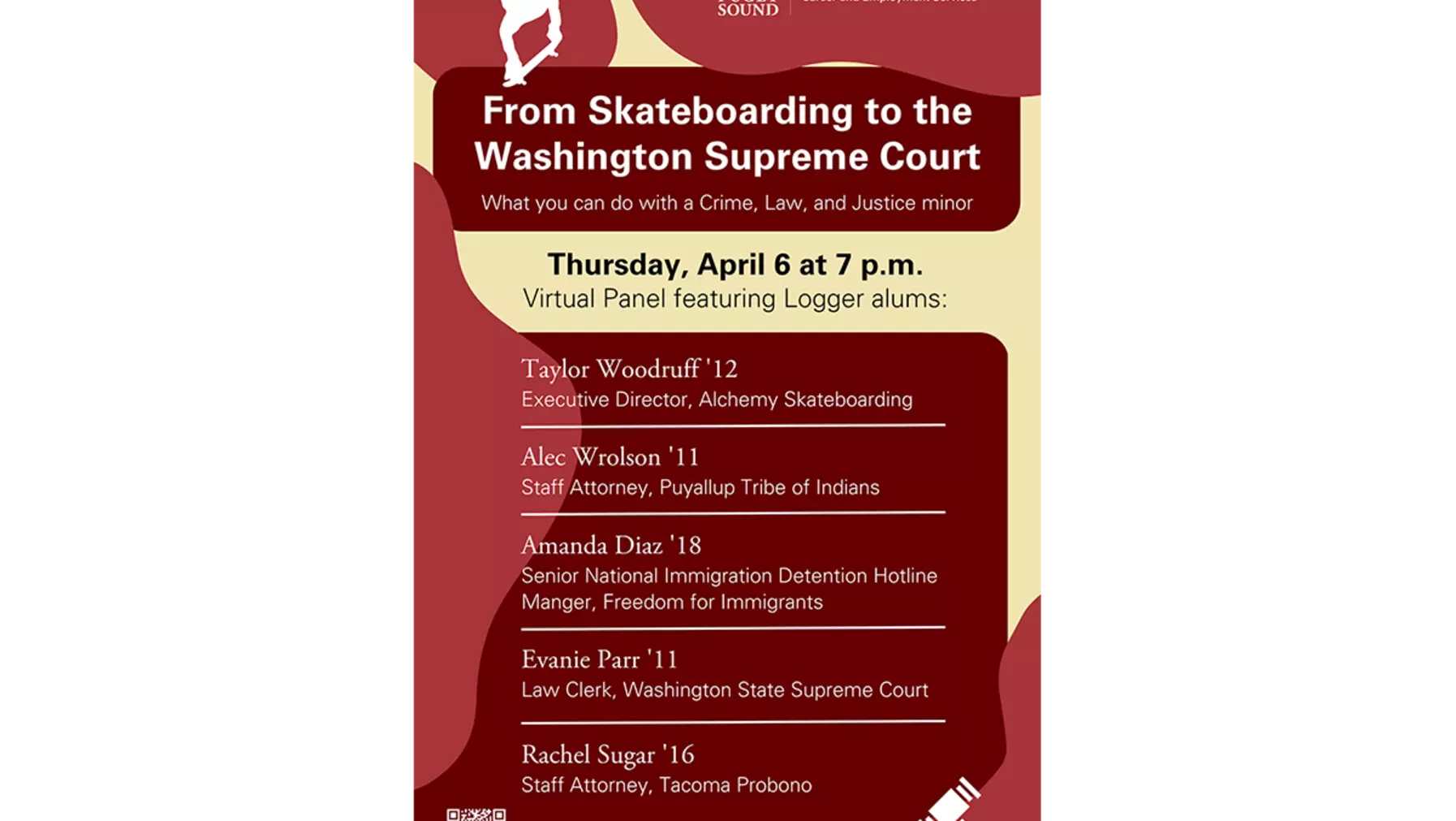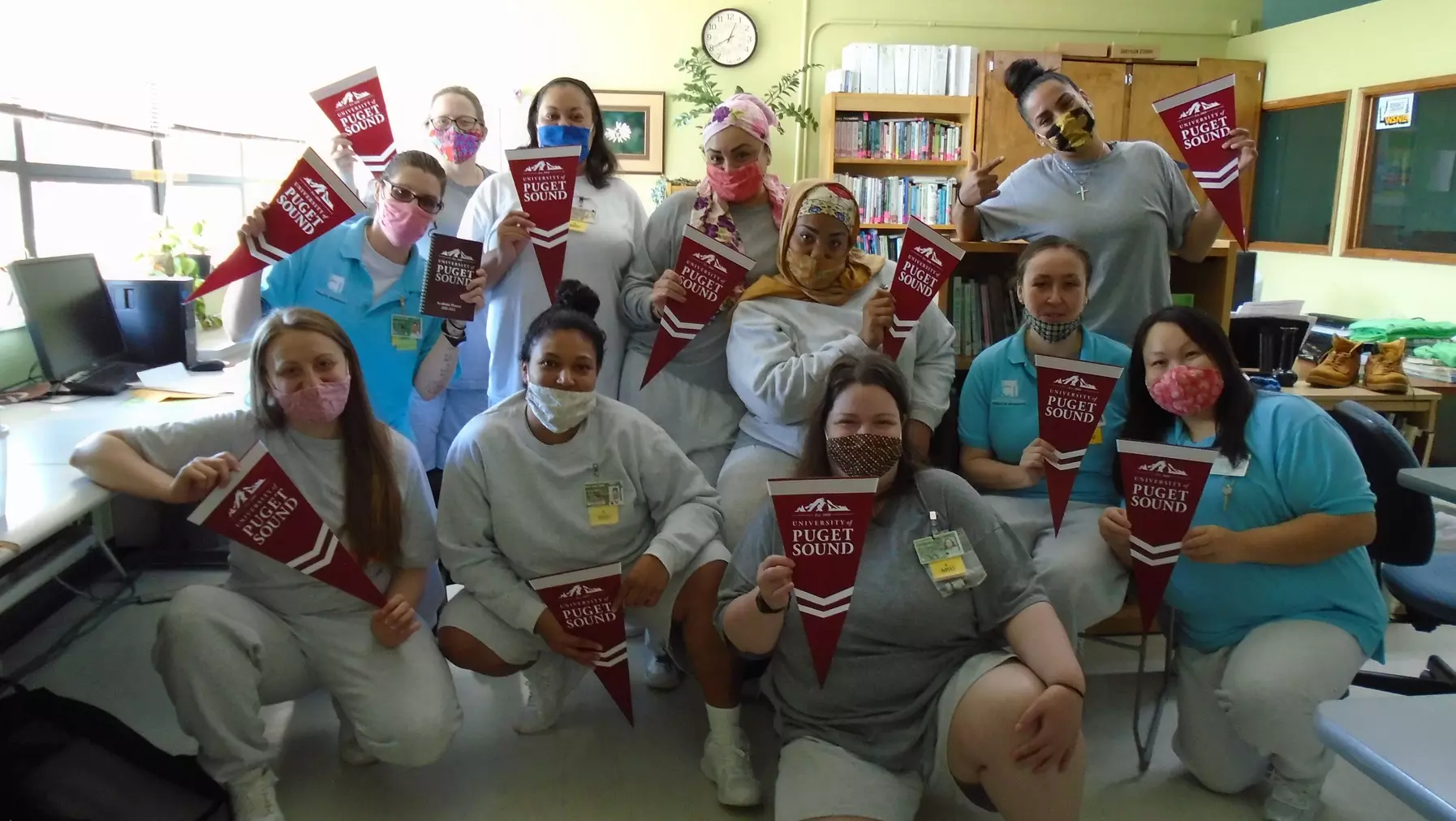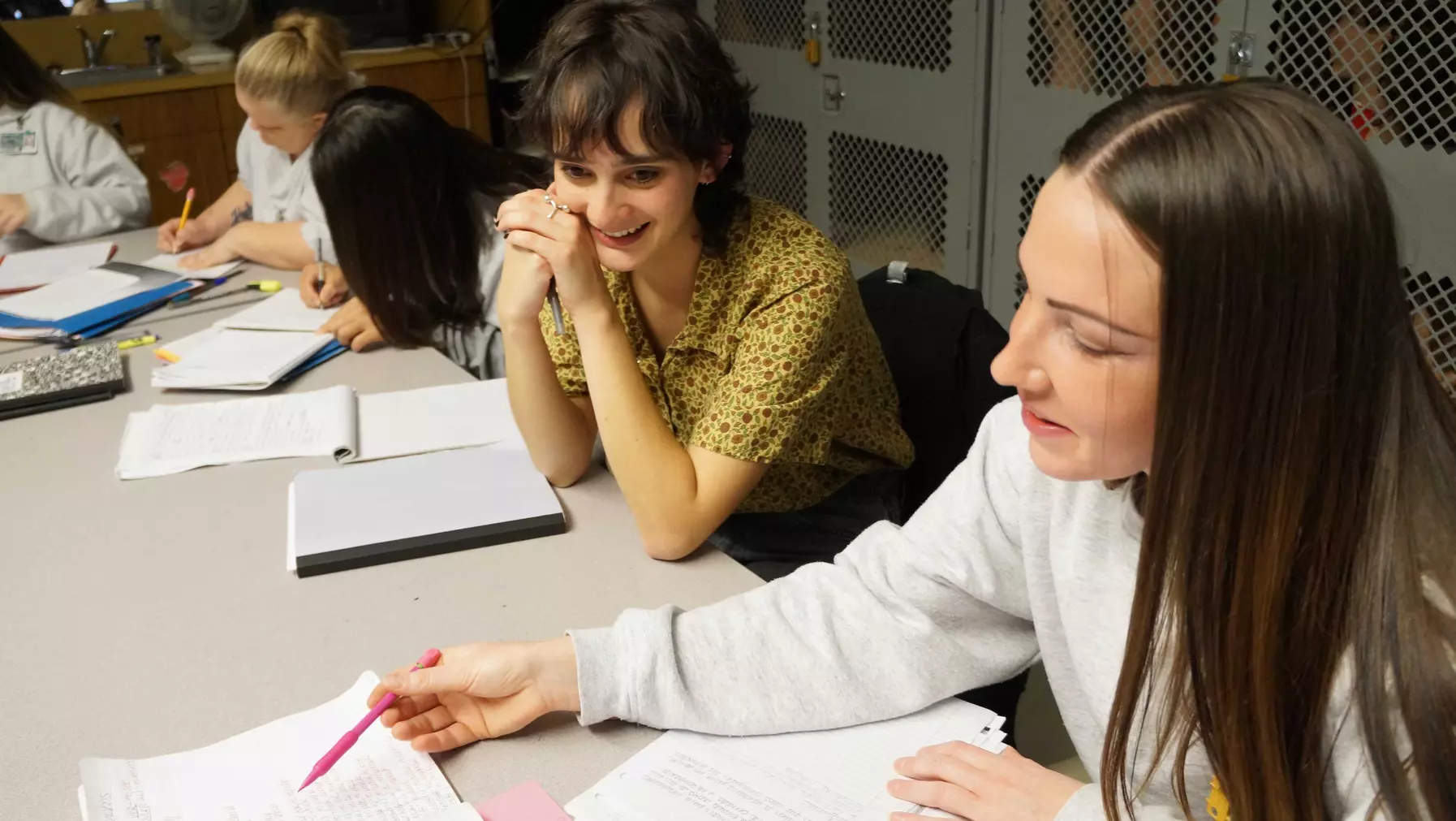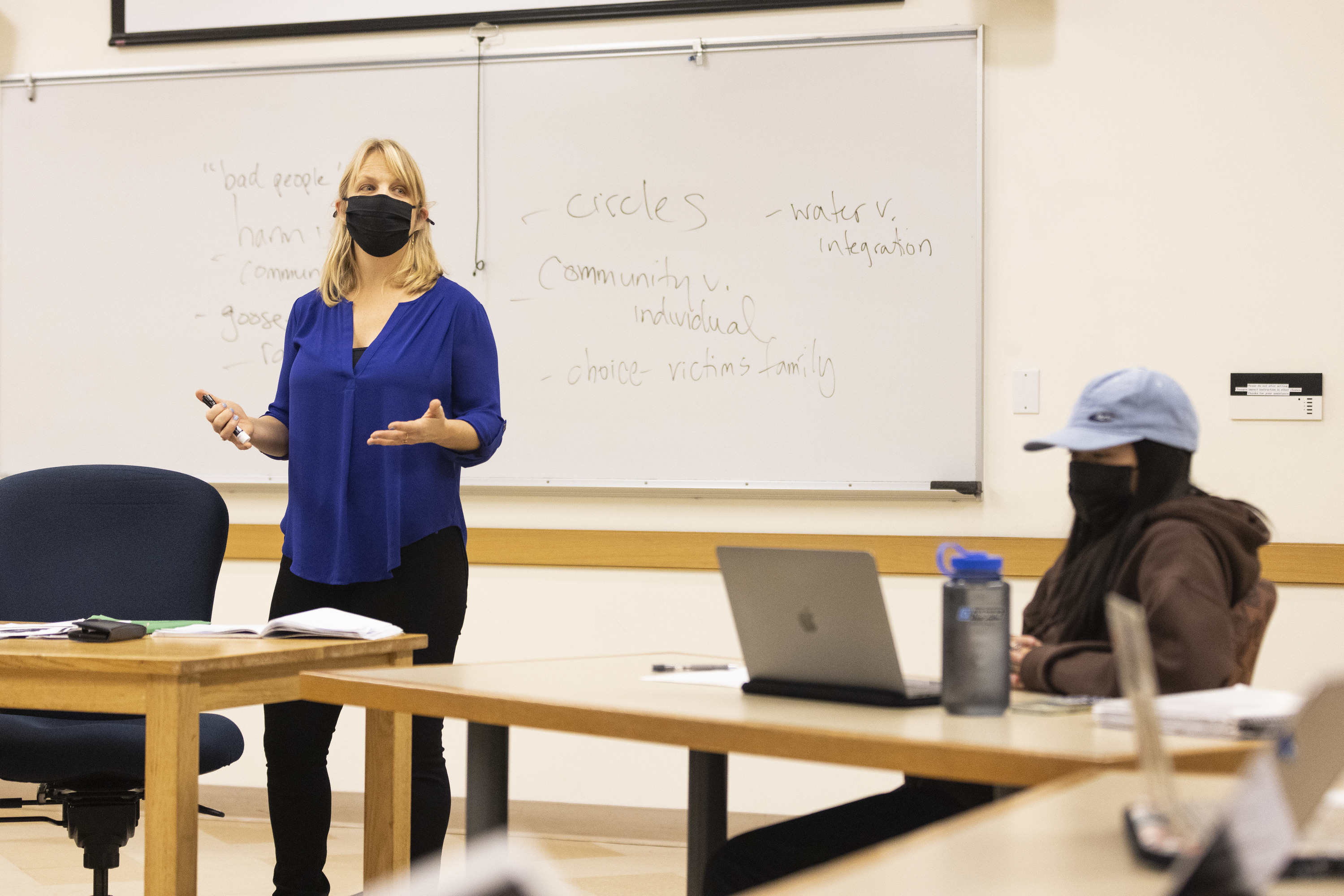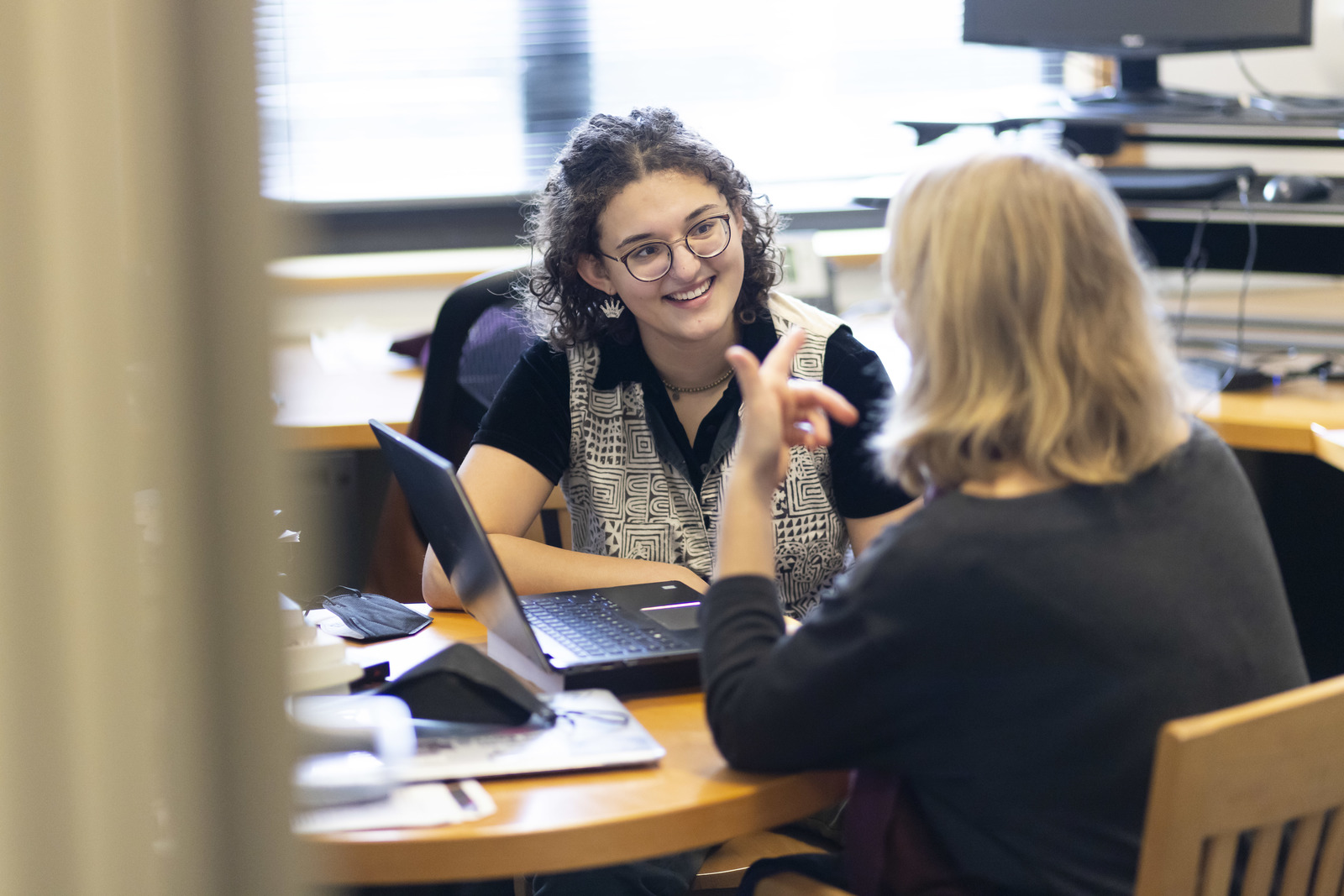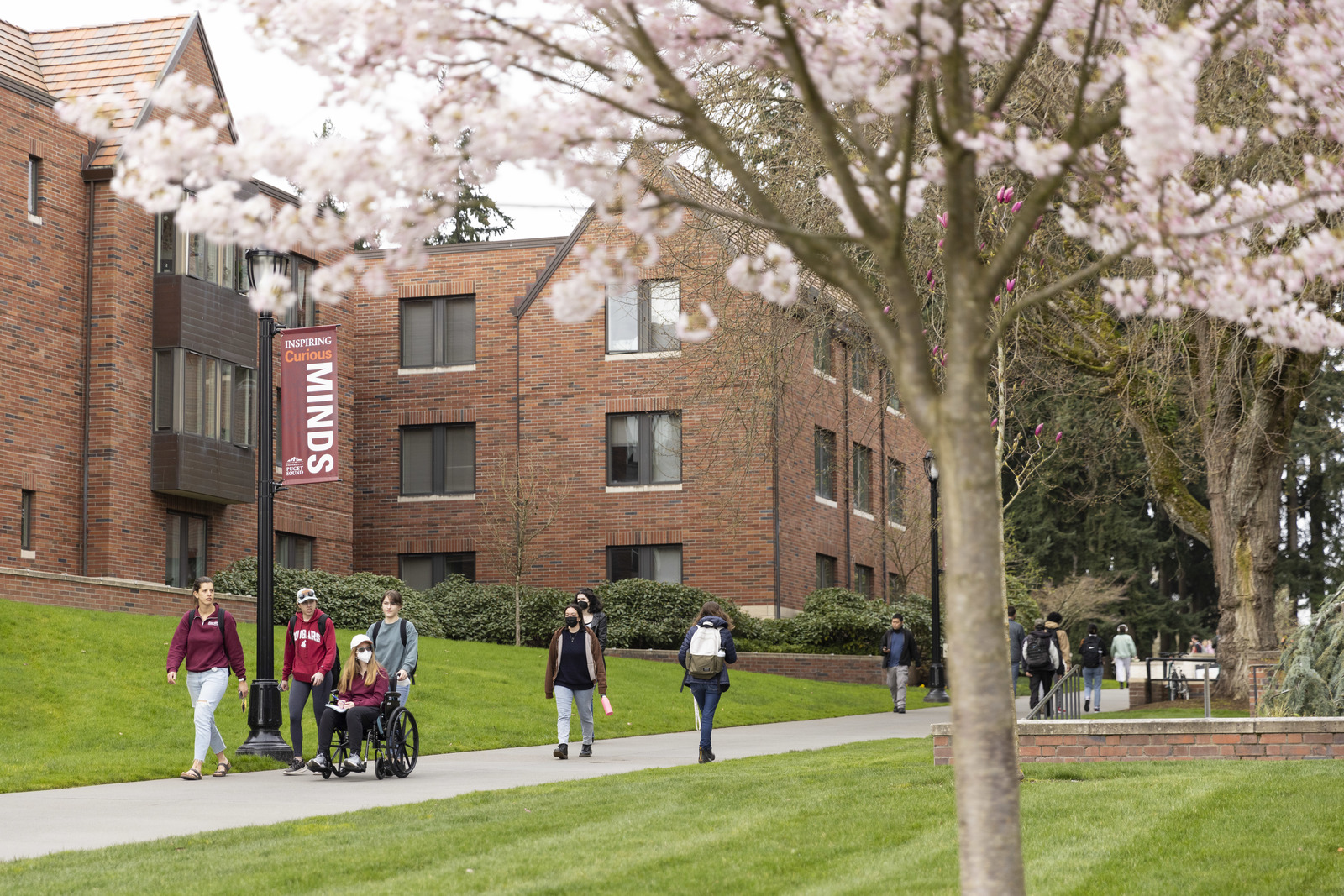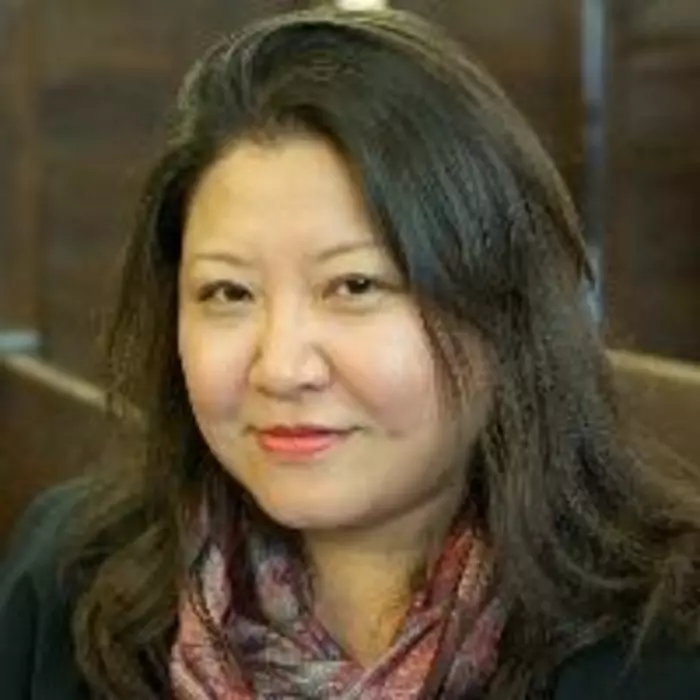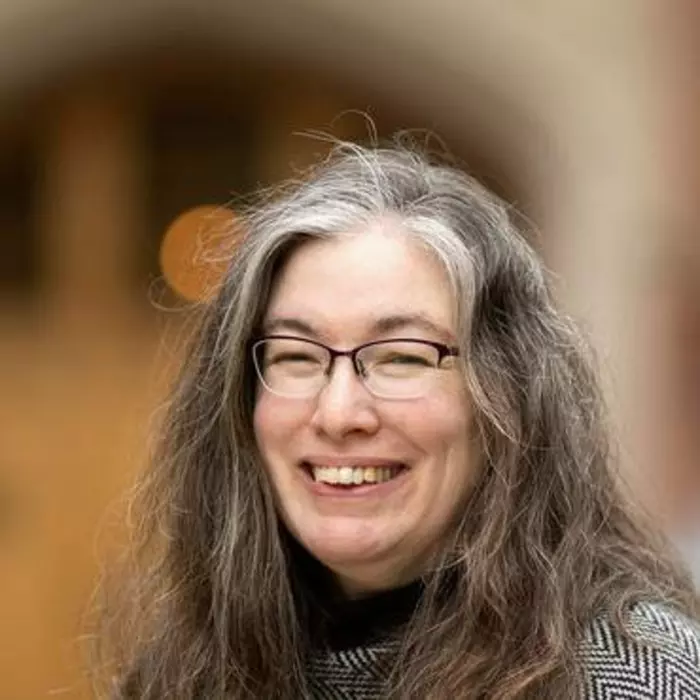Is our criminal legal system just? What is the role of police in a democratic society? What is the difference between law and justice? How has the US criminal legal system defined justice over time and in different contexts? What happens once a person is involved in the criminal legal process, and what role do judges, prosecutors, defense attorneys and forensics play in that process? Do prisons administer just punishment?
The Crime, Law, and Justice (CLJ) Interdisciplinary program provides students with an introduction to how crime, policing, and prisons intersect with questions of justice, fairness, and structural inequality in the United States. In the minor, students examine law, policing and carceral systems from multiple disciplines while retaining a critical lens on these systems and institutions. The minor equips students to be leaders, professionals, and agents of change in justice-related institutions and in diverse local and global communities.
